‘Canadians won’t be safe at 2022 Beijing Winter Olympics,’ Canada’s opposition leader says
Safety concerns follows the jailing and death sentence of two Canadians
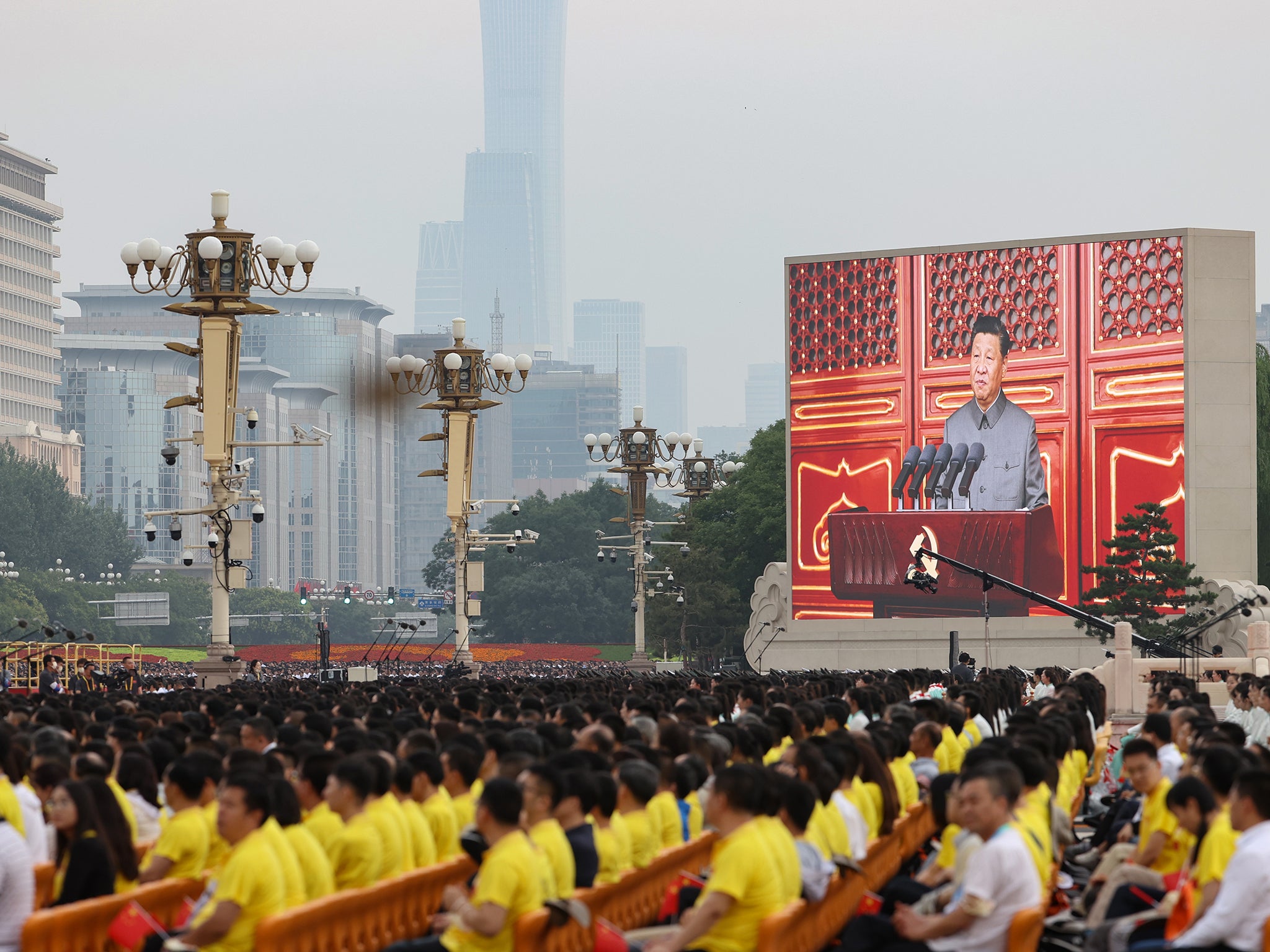
Your support helps us to tell the story
From reproductive rights to climate change to Big Tech, The Independent is on the ground when the story is developing. Whether it's investigating the financials of Elon Musk's pro-Trump PAC or producing our latest documentary, 'The A Word', which shines a light on the American women fighting for reproductive rights, we know how important it is to parse out the facts from the messaging.
At such a critical moment in US history, we need reporters on the ground. Your donation allows us to keep sending journalists to speak to both sides of the story.
The Independent is trusted by Americans across the entire political spectrum. And unlike many other quality news outlets, we choose not to lock Americans out of our reporting and analysis with paywalls. We believe quality journalism should be available to everyone, paid for by those who can afford it.
Your support makes all the difference.Canadians should consider boycotting next year’s Beijing Winter Olympics over safety concerns, according to the leader of the Conservatives in Canada.
Erin O’Toole claimed that hostile relations between China and Canada have come to a point where the games “won’t be safe for Canadians, including Olympic athletes, to travel to China.”
At a news conference on Tuesday, he accused Beijing of using the death penalty for political purposes hours after a Chinese court upheld a death sentence for Robert Schellenberg, a Canadian detained in a drug case.
The Higher People’s Court of China’s Liaoning province rejected an appeal by Mr Schellenberg, whose 15-year prison term on drug smuggling charges was increased to a death sentence in 2019.
China imposing the “death penalty for political reasons is inexcusable”, opposition leader Mr O’Toole said.
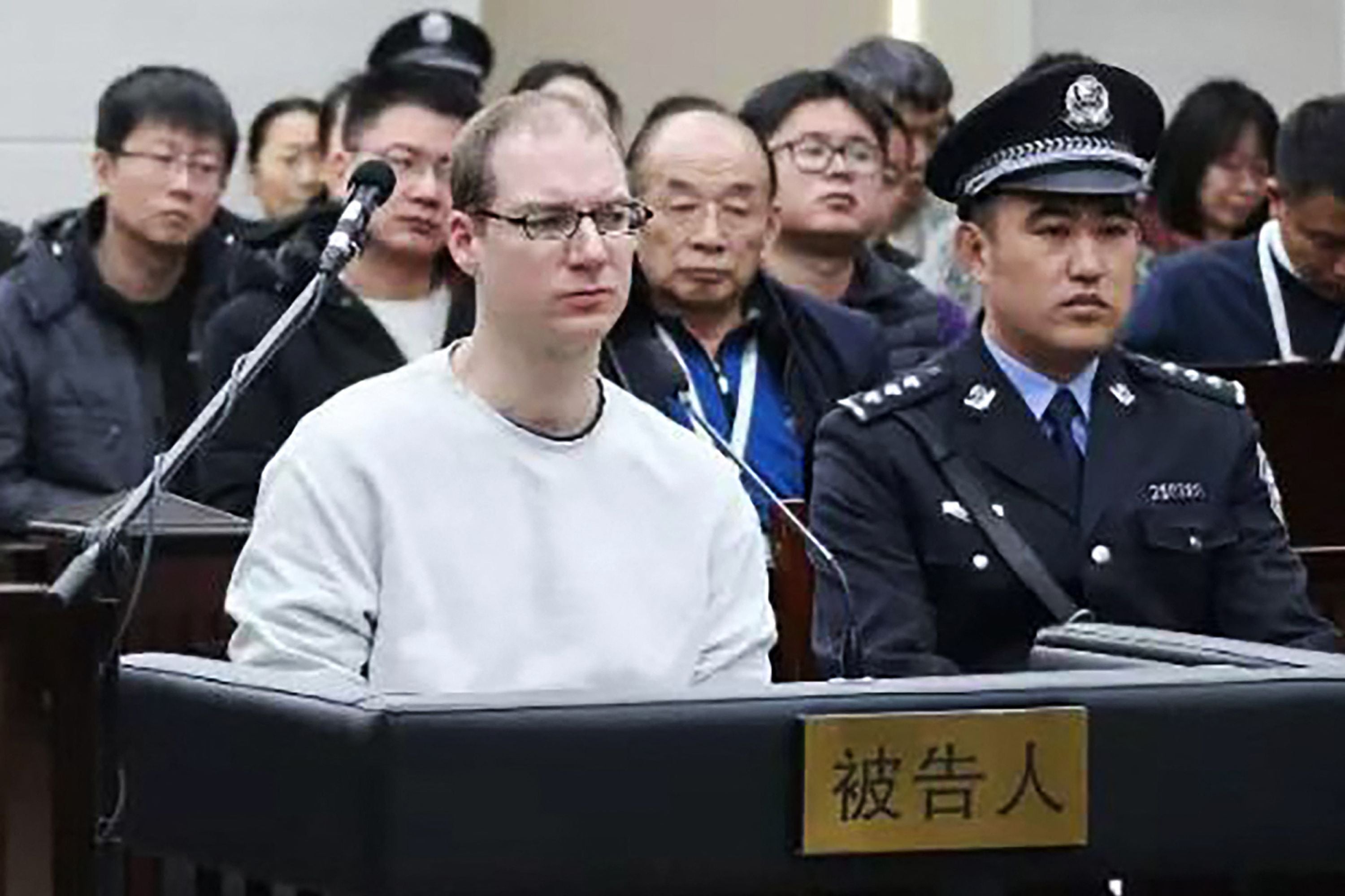
A day after Mr O’Toole’s comments, China jailed Michael Spavor – a Canadian businessman who ran an organisation promoting investment and tourism in North Korea – for 11 years on spying charges.
Spavor has been detained since 2018. He and Canadian former diplomat Michael Kovrig, whose fate remains unclear, were both arrested and months later accused of espionage.
Almost two years after his detention, Mr Spavor was tried on 19 March this year. Mr Kovrig was on trial on 22 March with the verdict planned to be announced at an unspecified later date.
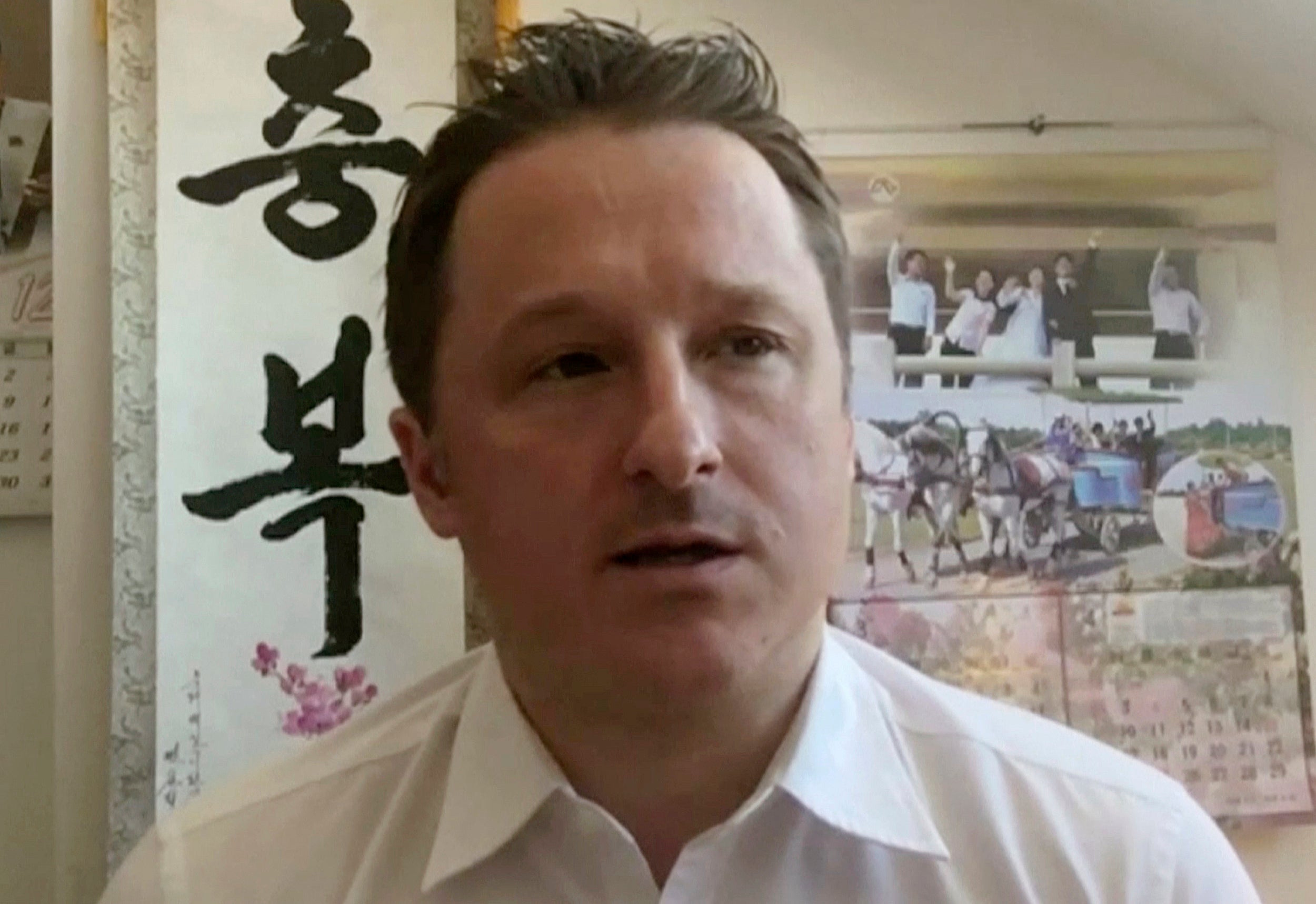
The trials were held in closed courts in accordance of China’s Rules of Criminal Procedure for national security cases.
China has been criticised for treating the pair as bargaining chips – in what has been described as “hostage diplomacy”.
Canadian prime minister Justin Trudeau described Mr Spavor’s case as “absolutely unacceptable and unjust”, and Mr Kovrig’s arrest “arbitrary”.
After Mr Spavor’s sentencing, Canadian foreign minister Marc Garneau slammed what he called a completely unjustified verdict after “a mock sham trial.”
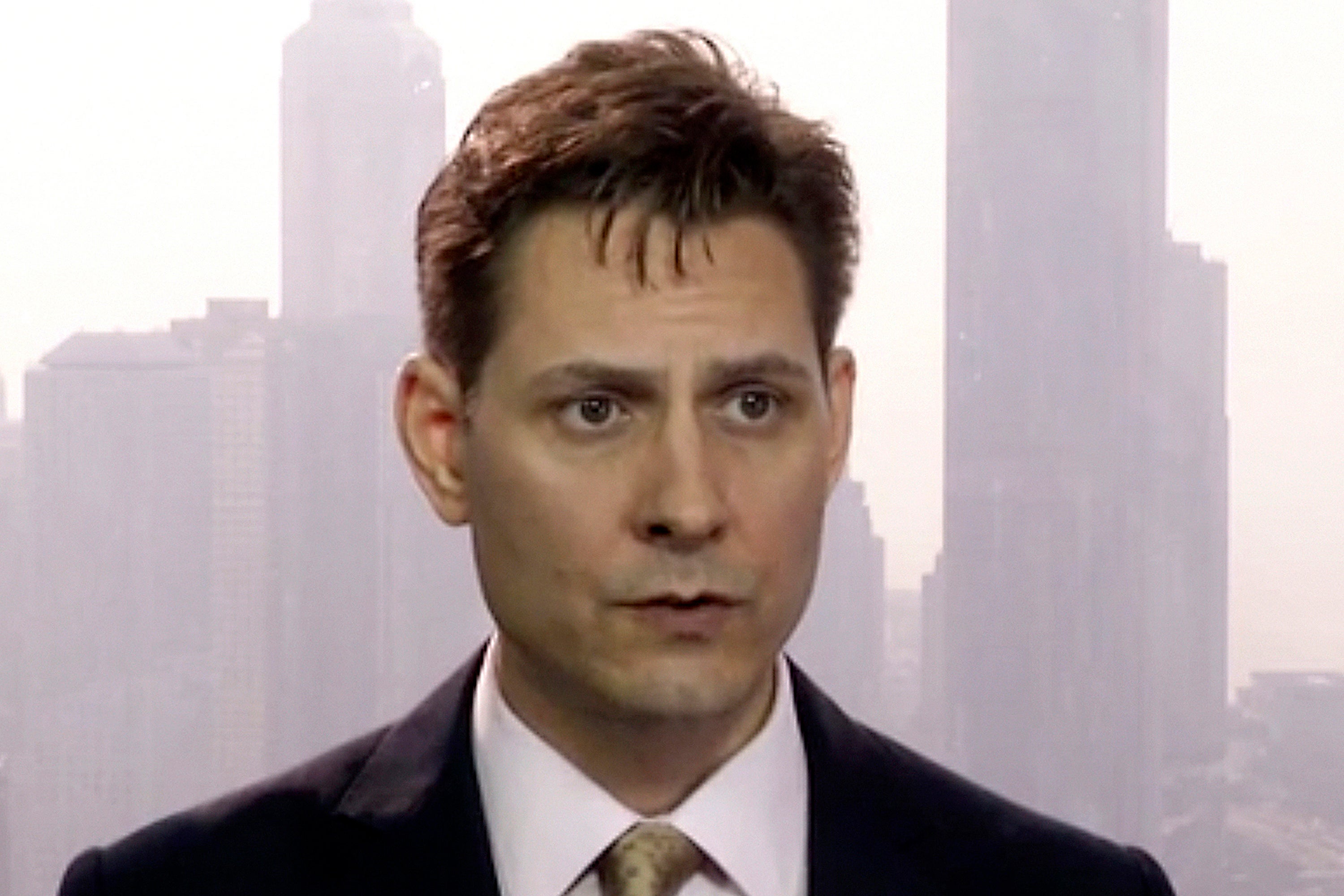
There is also a diplomatic row between China and Canada over the extradition of Meng Wanzhou – a senior executive at Chinese tech giant Huawei, a company set up by her father – to the US.
Ms Meng, whose also goes by the name Cathy Meng, was arrested and detained in Vancouver in connection with possible violations of trade sanctions on Iran. Shortly after her arrest, Mr Spavor and Mr Kovrig were detained in China.
Canada has said that the cases of Meng and the two detained Canadians are linked. China has consistently denied the charge.
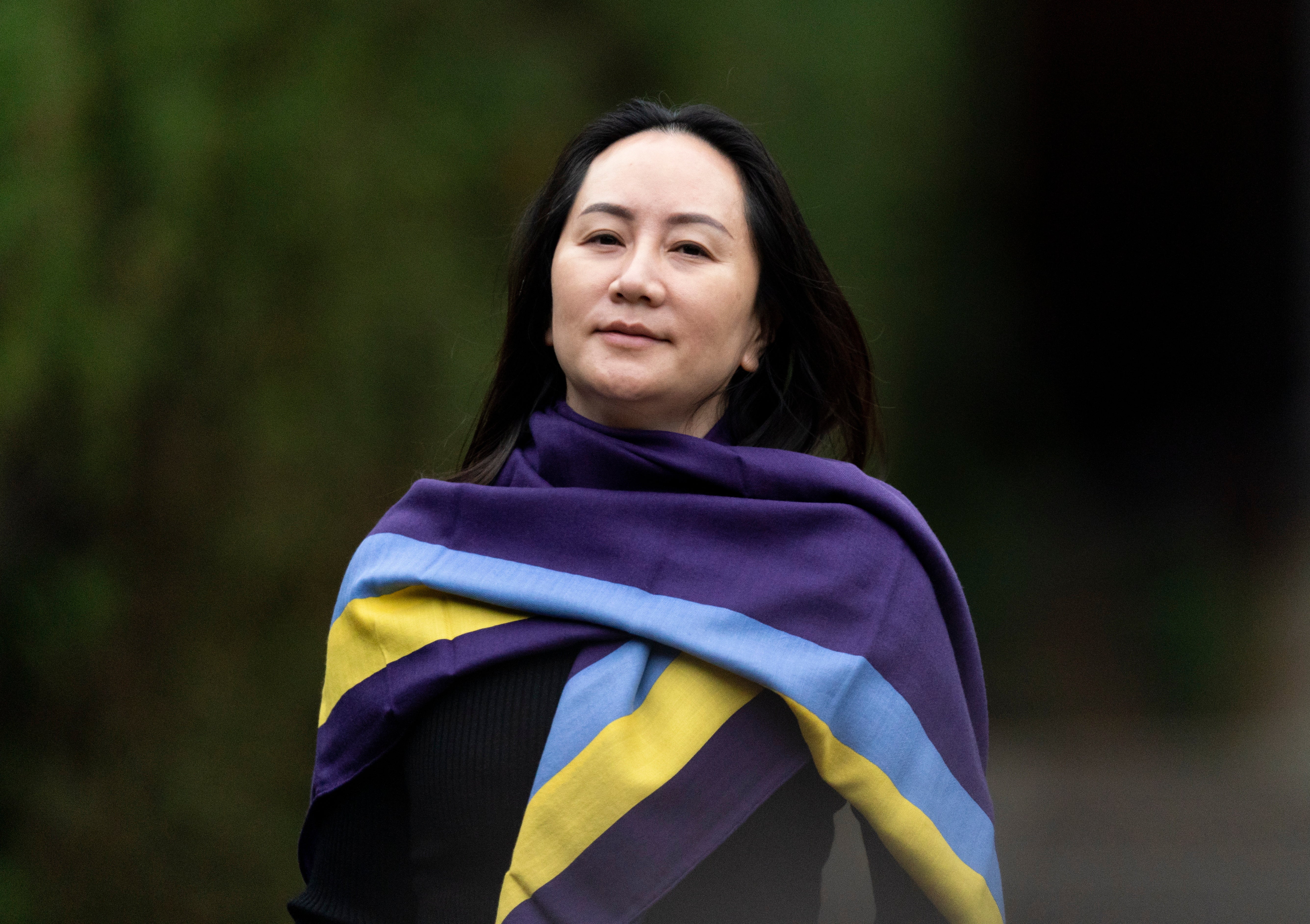
In July this year, the European Parliament overwhelmingly passed a resolution calling on diplomatic officials to boycott the 2022 Beijing Winter Olympics.
Also, more than 180 human rights groups – in support of Tibet, Taiwan, the Uighur Muslim community in China, and Hong Kong – have called for a boycott of the games over violations of human rights.
In an open letter published in February, they called on governments to “commit to a diplomatic boycott” of the event to ensure it was not used to “embolden” the Chinese government, as they claimed the 2008 Summer Olympics had done.
In response to the letter, Wang Wenbin, China’s foreign ministry spokesperson, had said at the time that boycotts would “not be supported by the international community and will never succeed”.
Join our commenting forum
Join thought-provoking conversations, follow other Independent readers and see their replies
Comments